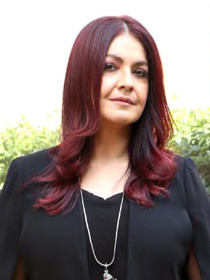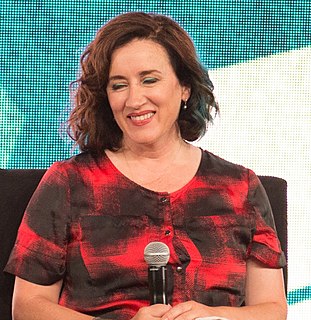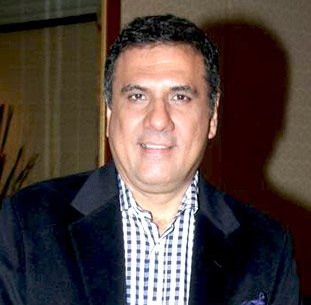Цитата Джонатана Гроффа
В театре вы отвечаете за свое выступление, и, в конце концов, вы тот, кто получает признание, потому что вы делаете это перед публикой, а в кино и на телевидении это режиссер. решите, когда подрезать вам линию, которую он использует.
Связанные цитаты
Знаешь, ты делаешь одно и то же шоу каждый день, и твое вдохновение, ты не должен смотреть дальше того факта, что ты знаешь, что люди едут через всю страну, чтобы увидеть тебя. Во многих случаях это единственный шанс публики увидеть это, и вот что заставляет вас вставать по утрам и показывать лучшее выступление на сцене — это осознание того, что публика готова к этому. это, и здесь, чтобы получить опыт, и поэтому в свою очередь вы.
Первое, что я говорю, когда люди спрашивают, в чем разница [между работой на телевидении и в кино], это то, что у фильма есть конец, а у телевидения — нет. Когда я пишу фильм, все, о чем я думаю, это то, где все закончится и как привлечь к этому внимание зрителей. И на телевидении это не может закончиться. Вам нужно, чтобы аудитория вернулась на следующей неделе. Это как бы меняет направление повествования. Но я нахожу это больше как сценарист, чем как режиссер.
Единственные два телешоу, которые я видел, которые делают это, где они не разогревают их, и вы можете по-настоящему бомбить, было «Субботним вечером в прямом эфире» - и поэтому оно тоже получает много тепла. Очевидно, что он также подвергается справедливой критике. Но во многом это потому, что Лорн [Майклс] позволяет зрителям решать и не заставляет их смеяться.
Йога растягивает ваше тело и высвобождает молочную кислоту. Я делаю это четыре раза в неделю, и после этого моя кожа чувствует себя прекрасно. Когда я снимаюсь в фильме, я делаю это каждый день — у меня в трейлере есть коврик для йоги. Иногда я делаю это перед телевизором. Растяжка заставляет меня чувствовать себя так хорошо. Это заставляет мое сердце биться и помогает мне дышать глубже.
Фильм рассматривается как средство режиссера, потому что режиссер создает конечный продукт, который появляется на экране. Опять эта дурацкая авторская теория, что автором фильма является режиссер. Но что снимает режиссер — телефонную книгу? Писатели стали гораздо более важными, когда появился звук, но им пришлось отважно бороться, чтобы получить признание, которого они заслуживают.
Патрик подумал, что мы должны попытаться поставить аудиторию перед одним из семинаров, в основном перед классом, и посмотреть, как исполнители поднялись до того, чтобы иметь там аудиторию, потому что он сказал: «Знаете, это действительно интересный тест, потому что иногда это становится еще смешнее».



































